It has been a rough year for me. While there has been sublime highs, my year has been defined by months of my girlfriend’s hospitalization and the overwhelming feeling of despair that potentially losing the love of your life brings. Without any of my normal comforts due to the pandemic––mainly the brilliance of being able to lose myself in a cinema––I’ve embraced the beauty of movies even more than normal. With nothing to do but wait in an empty room for news about her health, I’ve seen a lot of films from this year, some of which have helped delight, move, and heal me through the worst year of my life. It’s a testament to all of these that even with my mind not being in the right place, they’ve all left a permanent impact.
Honorable Mentions: David Byrne’s American Utopia, Kajillionaire, Bill & Ted Face The Music, Hubie Halloween, and Money Plane
10. Never Rarely Sometimes Always (Eliza Hittman)
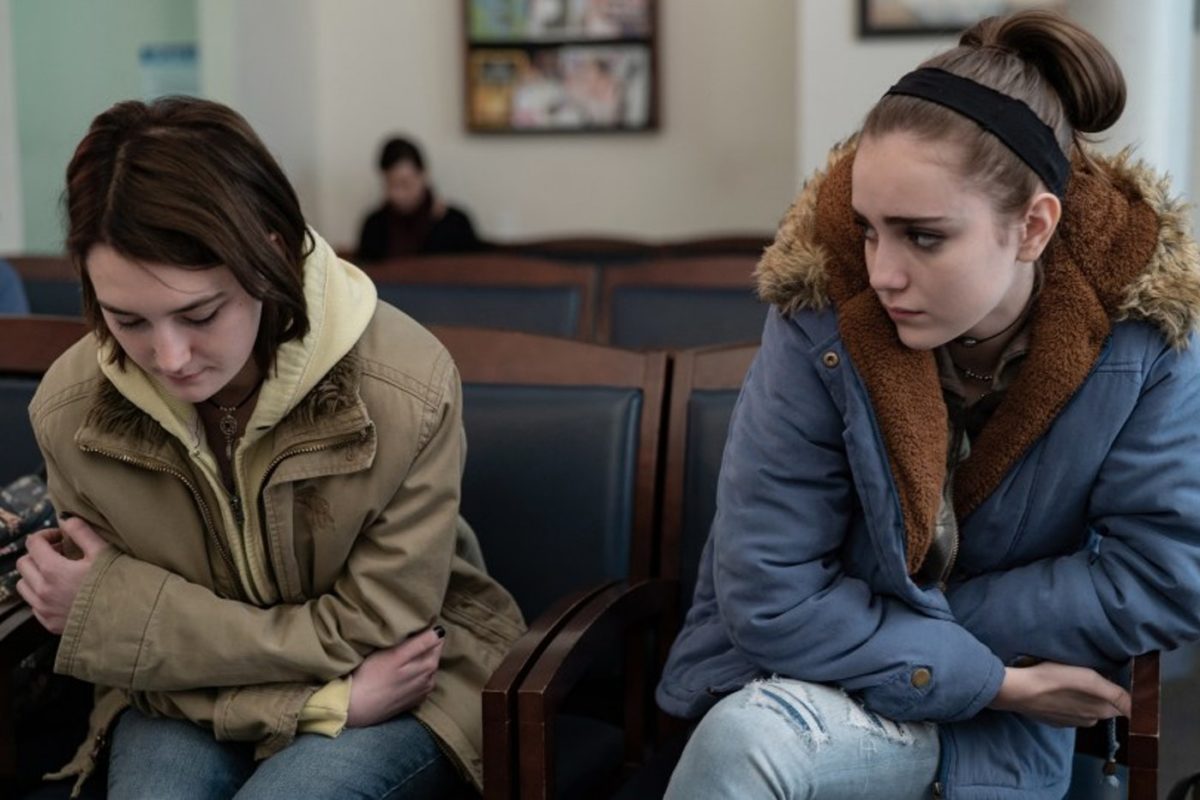
It’s rare to see American films about abortion that are so naturalistic and empathetic. Eliza Hittman’s follow-up to Beach Rats is stunningly emotional and contains two of the best performances of the year from Sidney Flanigan and Talia Ryder. The penultimate moment of hand-holding is one of the best shots of 2020, an image that haunts my mind in a similar way to the ending of Atom Egoyan’s Exotica. There’s no easy answers or quiet resolutions, only the solace of knowing these women are there for each other.
9. The Way Back (Gavin O’Connor)
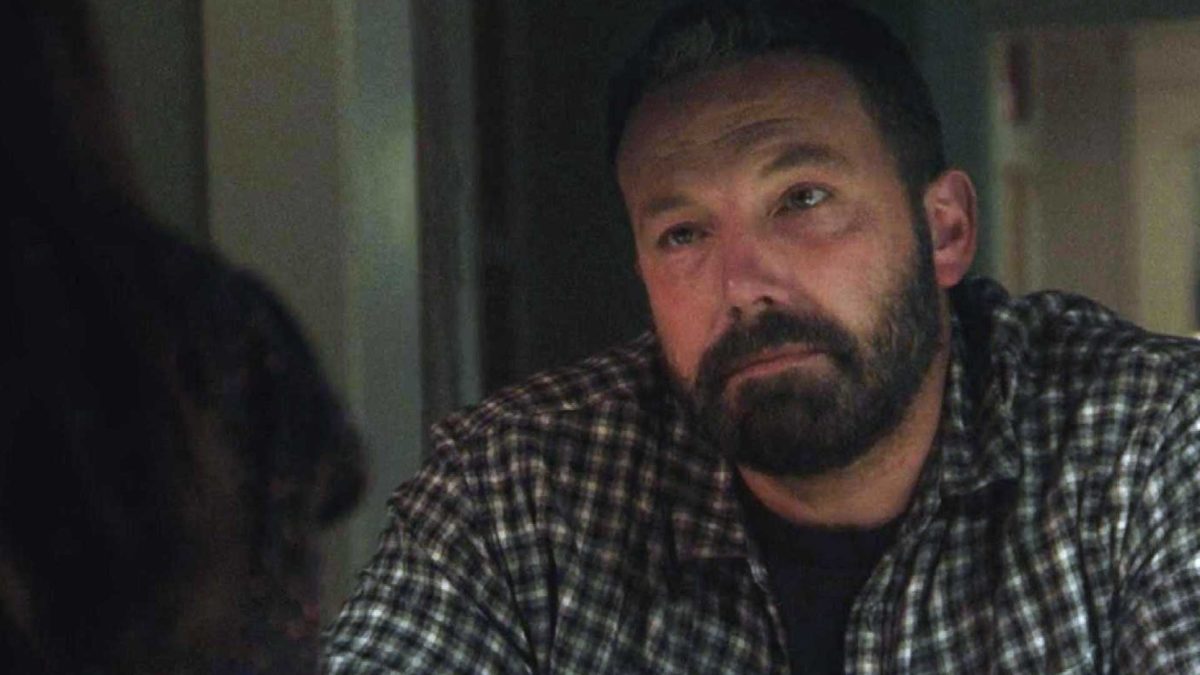
Ben Affleck is one of the most profoundly grounded actors working today. There is such poignance and honesty in his performances as of late, a natural defeatedness that strikes me harder and harder as time passes. His best work to date is in The Way Back, which channels his natural melancholy and innately destructive tendencies as a performer into one perfect role. Few performances have elicited the amount of feeling that Affleck’s work here has, elevating an already great sports film into a masterpiece about living with grief and the struggles of recovery.
8. Palm Springs (Max Barbakow)
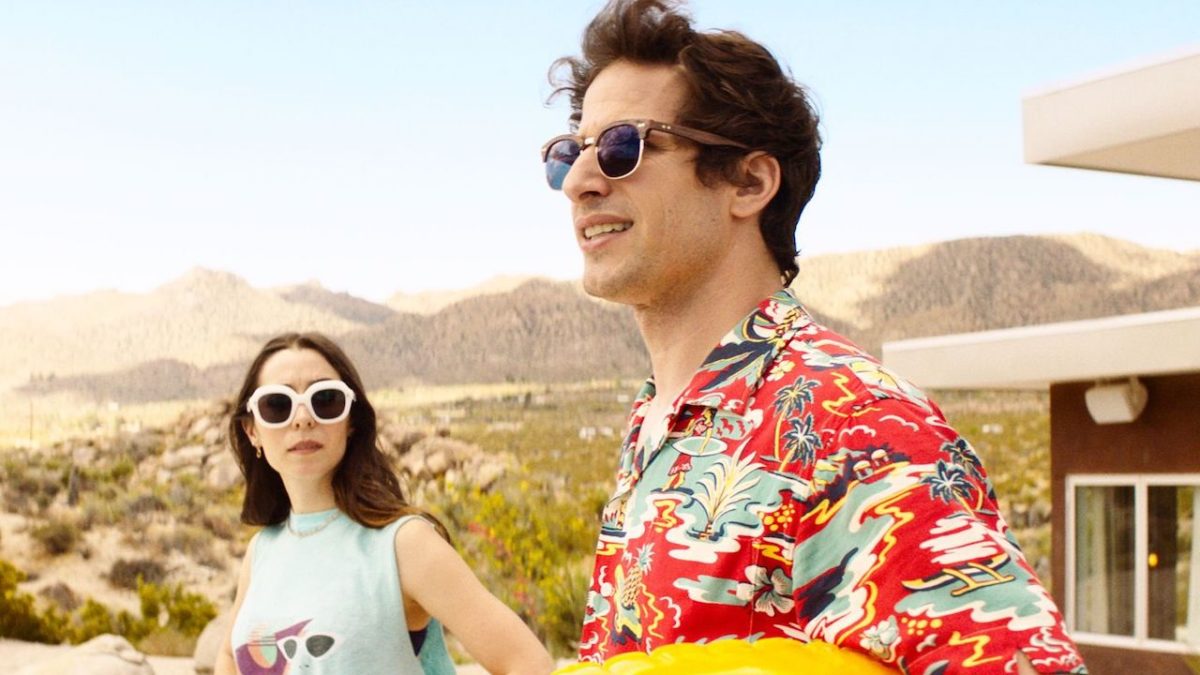
As the lockdown months sank in and the realities of time without my girlfriend became inescapable, it became hard to cope with the rigid simplicity and repetition of everyday life. It felt almost impossible to get up at a regular time or do anything substantial, with my work falling behind and my productivity at an all-time low. While Palm Springs didn’t pick me up from my depression, it was inarguably the film I needed most at the time, a beautiful romantic comedy that captured the desperation to be stuck with your person in all the ways I’d dreamed about. Time loop films have always drawn me to them and this is one of the best, stripping away the forced individualism of the genre and providing a collective experience that staves off the loneliness, even just for a little while.
7. Bloodshot (David S. F. Wilson)
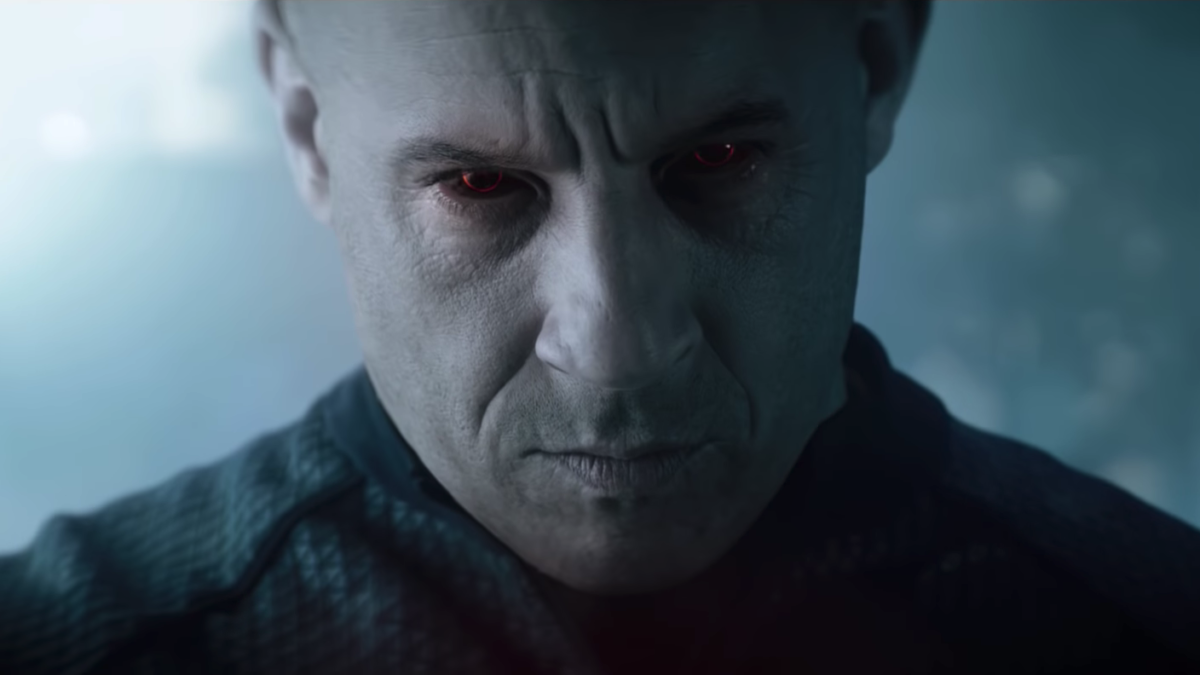
As a massive fan of Vin Diesel, from his work in the Fast and Furious series to his bizarro side-projects like the Riddick films, Bloodshot is a constant shot of euphoria. There are few moments in cinema this year as breathtaking as the confrontation between Diesel and Guy Pearce near the finale, confronting the idea of the past, present, and future in an increasingly collapsing digital space. It explores memory and identity with such surprising grace, allowing Diesel to lean into his natural melancholic idealism as he battles through legions of enemies. But above everything else, it’s just the most imaginative and enjoyable action film of the year.
6. Siberia (Abel Ferrara)
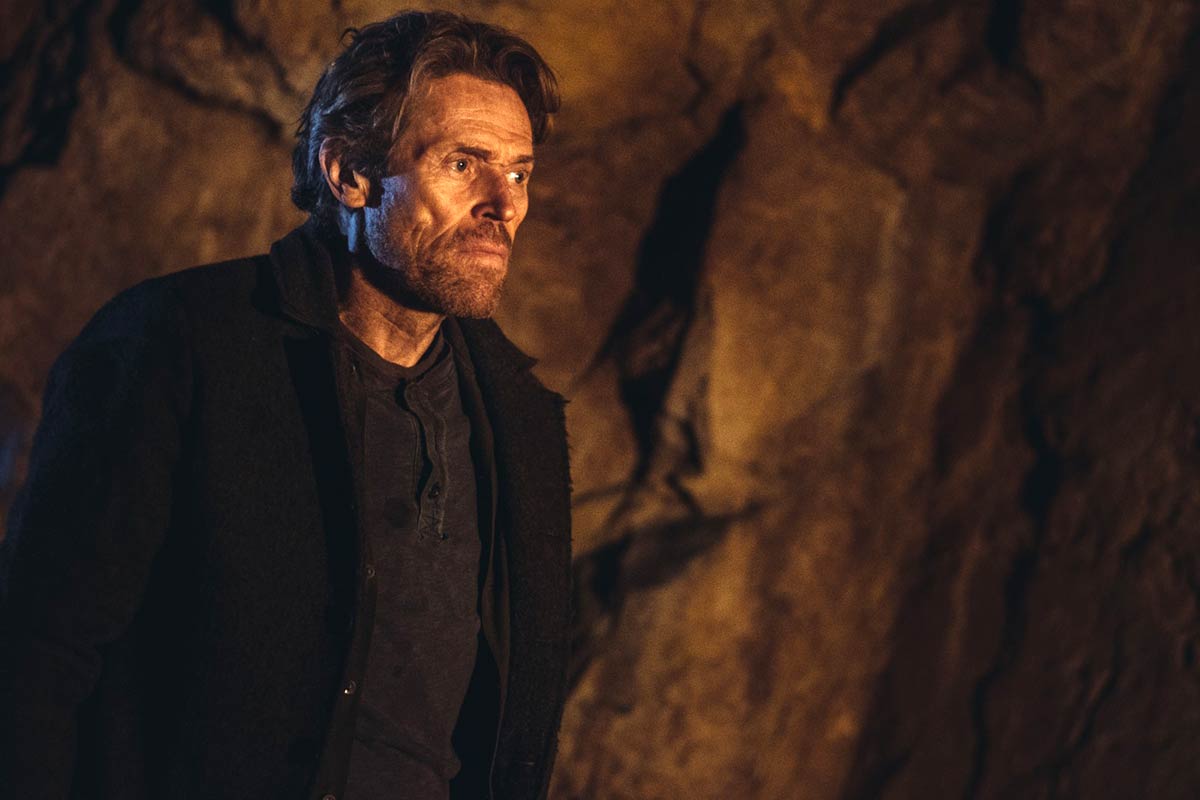
Abel Ferrara is an all-time favorite filmmaker of mine and his last decade of films has been defined by intangible loneliness. The exploration of the end of one’s life in Pasolini, the end of the traditional family unit in Tommaso, even the end of the world itself in 4:44. In Siberia, the end has already occurred––there is no cataclysmic event to send its protagonist into chaos. It exists constantly as a depiction of apocalyptic havoc, a portrayal of isolation that’s so bitter and haunted by memories that it’s almost hard to stomach. Yet, like in his other films of this decade, there’s still so much beauty in the world all around the emptiness. Even as death approaches, there is still meaning to be found in the way the sun reflects upon snow.
5. Nomadland (Chloé Zhao)
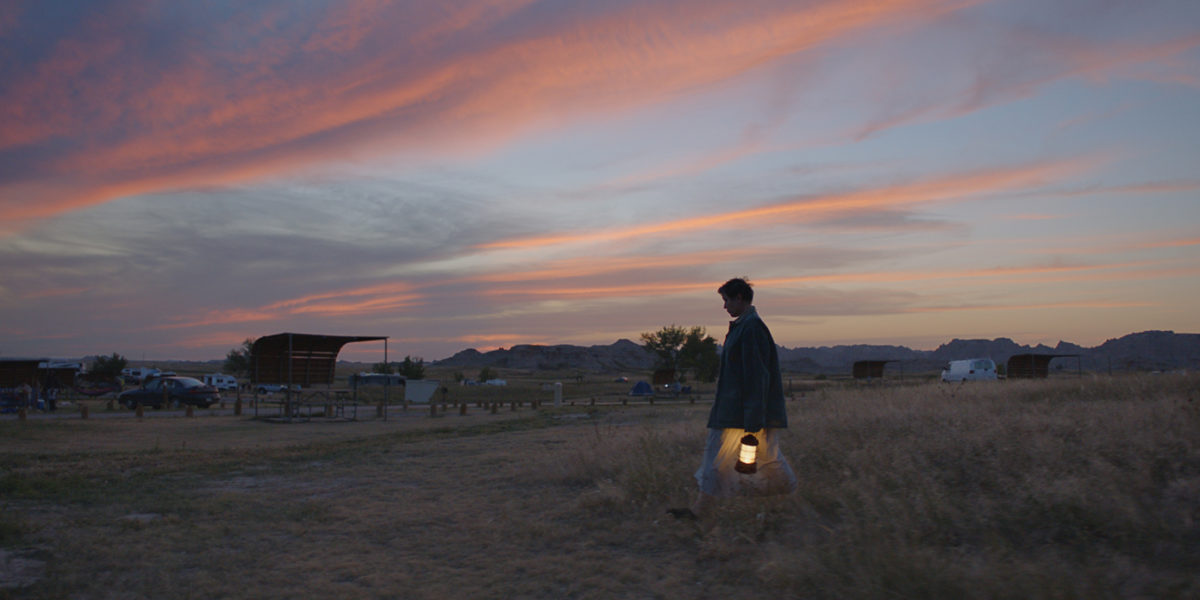
There is a sense of freedom in Nomadland. While there’s the constant reminder of corporate greed and financial instability, the way Chloé Zhao utilizes her camera to depict the American wilderness evokes something truly free––a tranquility found from nature and the occasional elegance found in other people. Its thoughtful examination of grieving spirits doesn’t end with Frances McDormand’s breathtaking performance, but carries over into the arcs of David Straithairn and several other characters who drift into its peripheral. It never forgets about the heartbreaks of life, how hard it is to step into a place where your partner used to stand. Nomadland captures the tragedy of choosing to love someone, and the courage of doing it anyway.
4. First Cow (Kelly Reichardt)
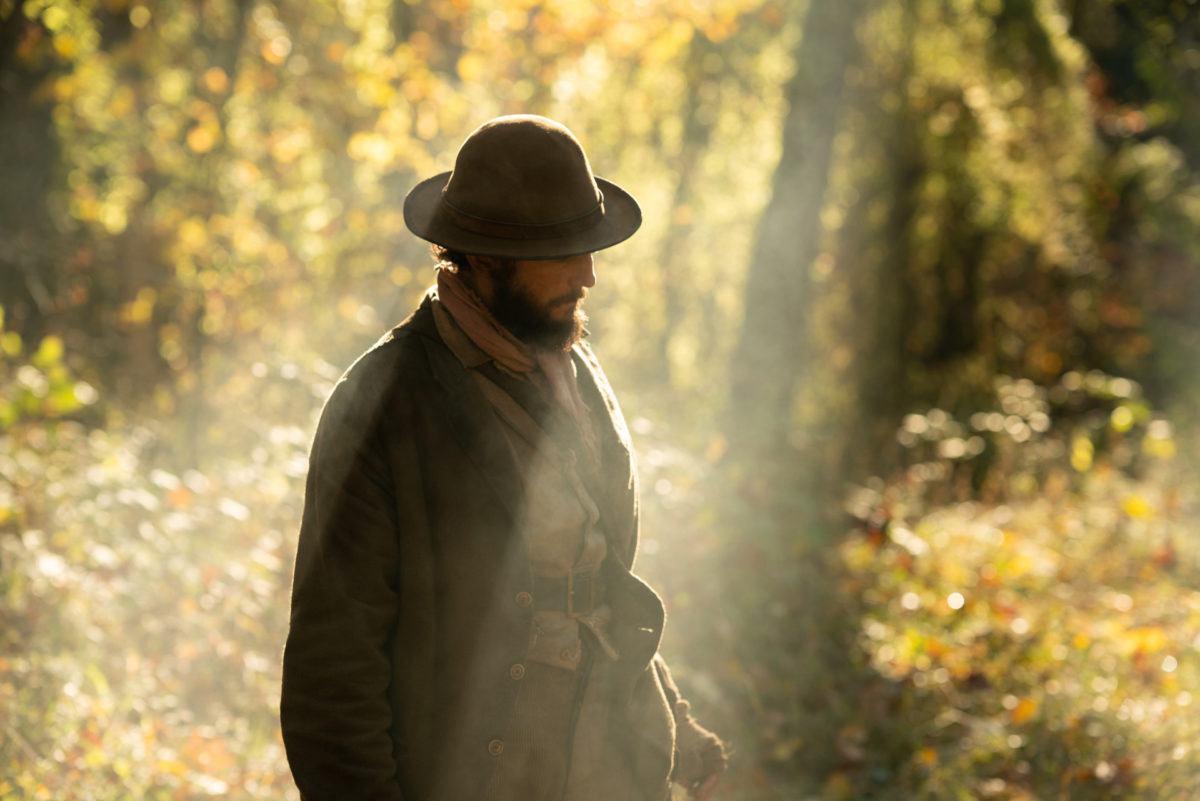
Kelly Reichardt shoots landscapes in an otherworldly way. So much of her filmography is defined by silences, focusing her aim on the world around her and how it reflects the characters’ existences instead of writing pages of dialogue. Her experience of capturing the density of the woods and endlessness of the desert as conduits for her characters’ struggles pays off perfectly with her masterpiece First Cow. The film is breathtakingly intimate and gorgeously staged, but achieves its greatest strengths in how it handles the central connection. Their fates are certain, their existences fragile, but there is a quiet composure and everlasting love between them that feels unbreakable. As the nightfall sets in and the stars begin to shine, there is nothing clearer to be found than the bond Cookie and Lu have, one that continues on even when mortality fades away.
3. Undine (Christian Petzold)
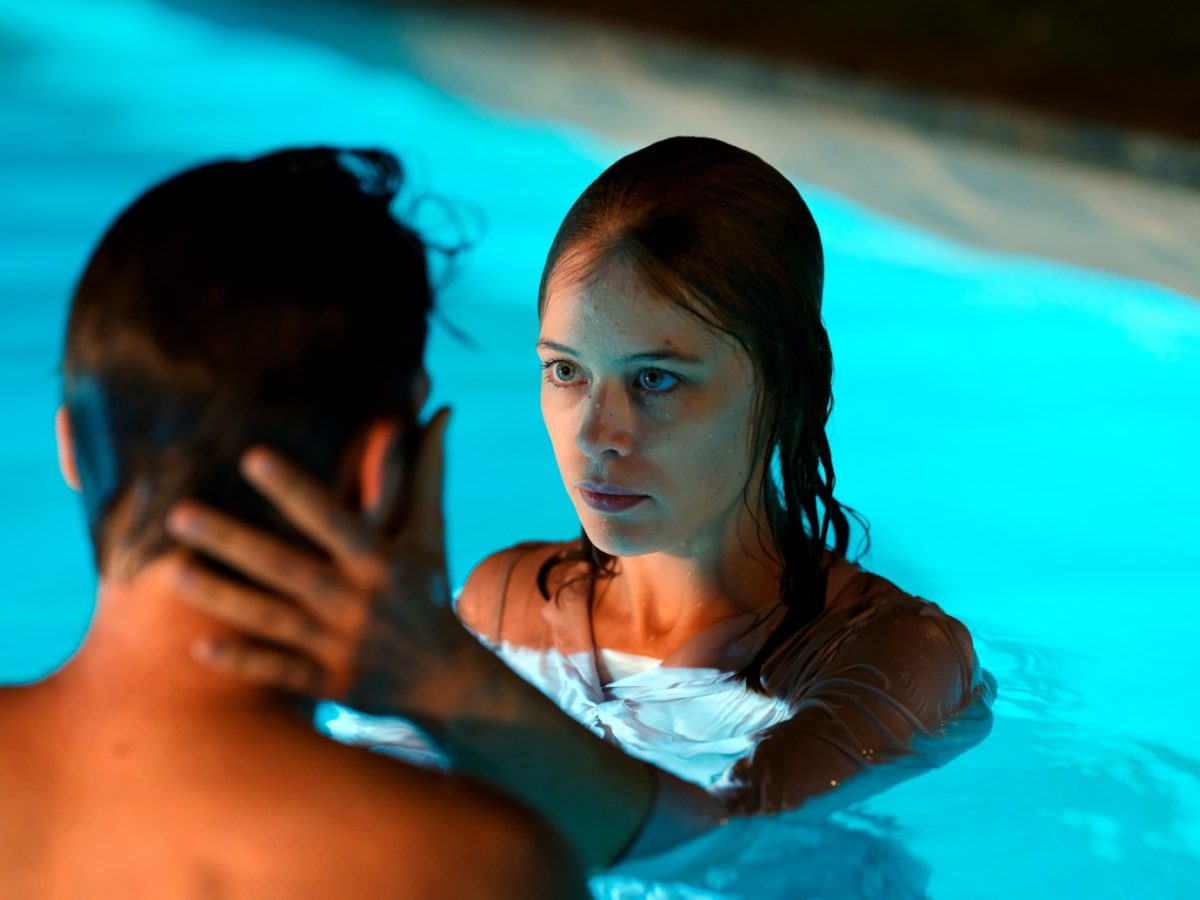
Undine captures the inherent heartbreak of relationships better than almost any film I’ve ever seen. The works of Christian Petzold transfix and haunt me in a way that few directors’ films ever do and his latest is his most affecting to date. Headlined by perfect performances from Paula Beer and Franz Rogowski, Undine captures the idyllic dreamlike bliss of early romance, of clinging onto every second of grace and connection flawlessly, before developing it into one of the most desperate depictions of loss in recent memory. His Transit follow-up is about recognizing how little time we have with the people we love, how those moments of bliss feel miniscule in hindsight as the weight of their absence sinks in over the months and years. It is devastating and occasionally difficult to watch, but provided me with an anchor at times where I felt that my relationship’s destiny was to end up like theirs.
2. Da 5 Bloods (Spike Lee)
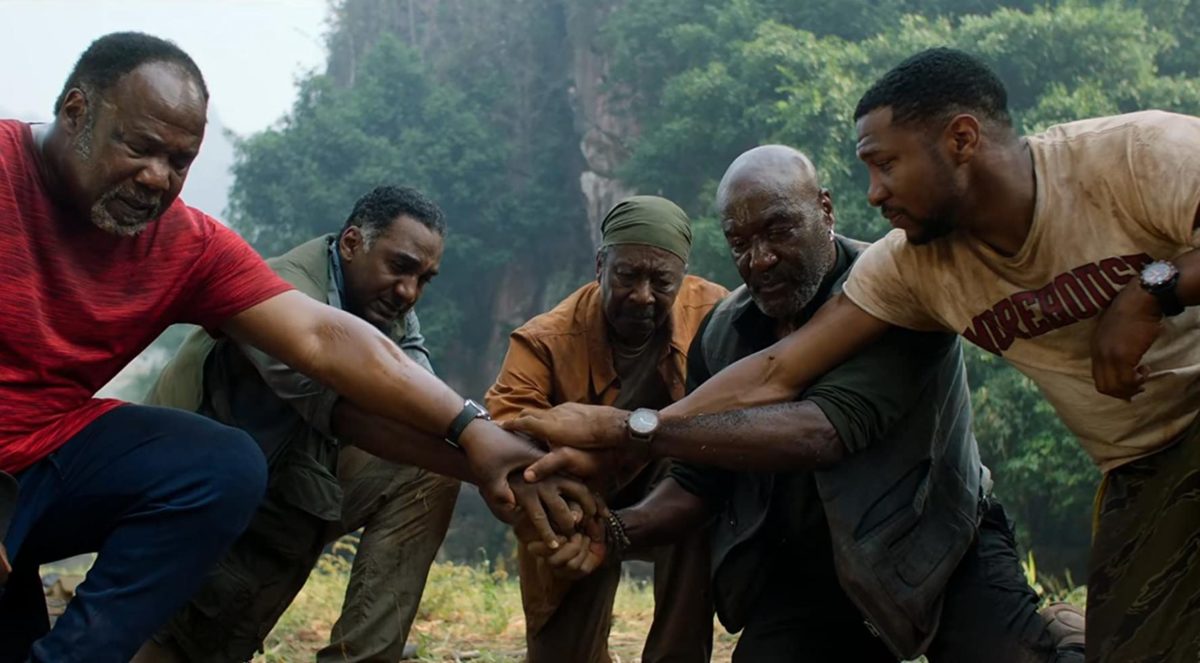
Even before the passing of Chadwick Boseman earlier this year, there was no scene of a 2020 film that I’d thought about more than his final moments with Delroy Lindo. A confrontation with a ghost, an exploration of decades of internalized soul-destroying guilt, a frenzied rush of tearstained catharsis before the world comes crashing down. After Boseman’s death, his portrayal as an eternally young spirit, haunting those aged souls left alive to mourn him is almost unbearable to take in. It’s the scene that I’ll always go back to to define his strengths and powers as a performer, and perhaps as the definitive moment of Spike Lee’s modern career. The whole film is masterful, with some of the best executed moments of tension in modern cinema, but the final looks on Boseman and Lindo’s faces are what make it eternal to me.
1. To the Ends of the Earth (Kiyoshi Kurosawa)
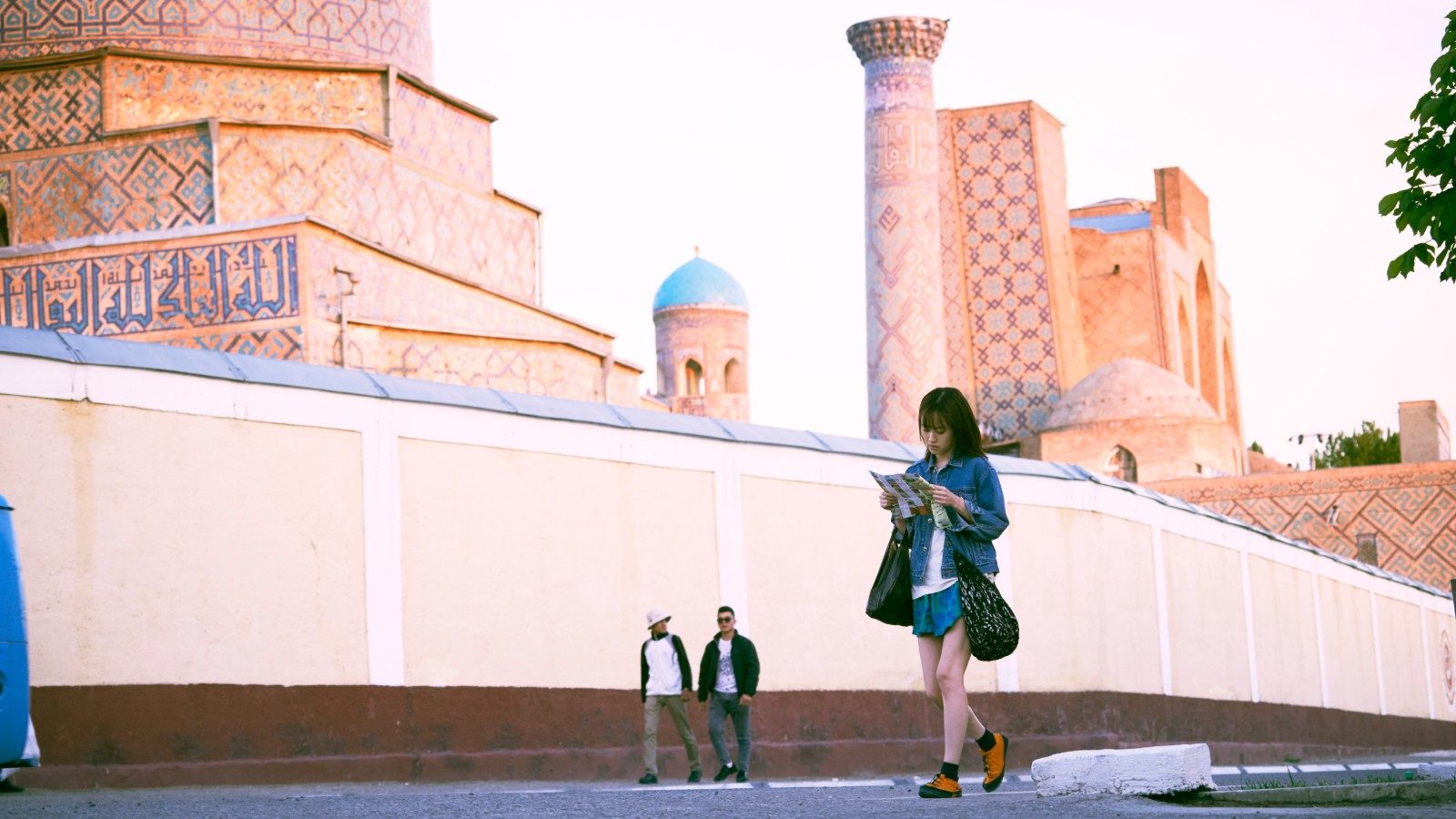
There is no shot in 2020 that has resonated more than Atsuko Maeda, alone in her luxury hotel room at night, staring at her phone waiting to find out if her boyfriend’s dead. There is nothing to be done, no solutions that she can implement to make everything okay. All she can do is wait and hope. While Kiyoshi Kurosawa’s genuinely seismic To the Ends of the Earth had left an impact on me for months before my girlfriend’s hospitalization, it became a force of overwhelming catharsis and peace, the acknowledgment that I wasn’t in it alone and the euphoria that comes from finding out the good news. It’s my best film of the year and nothing else really comes close.
